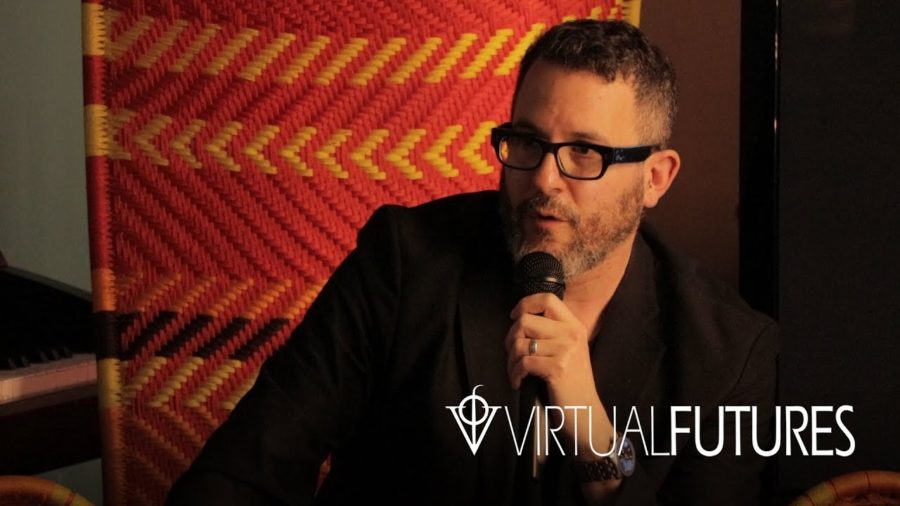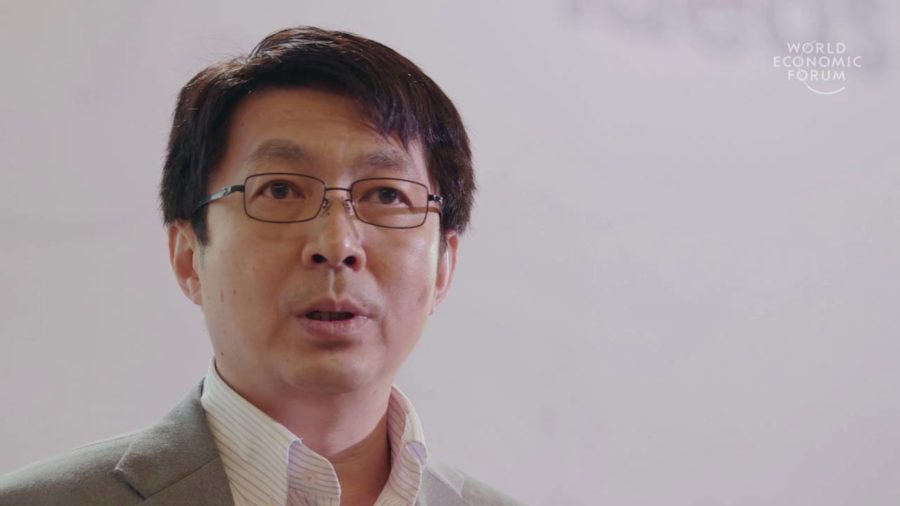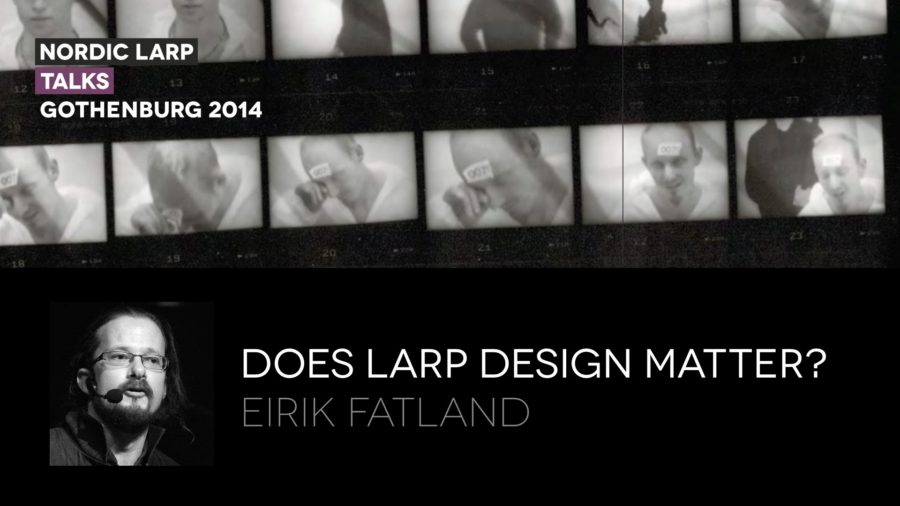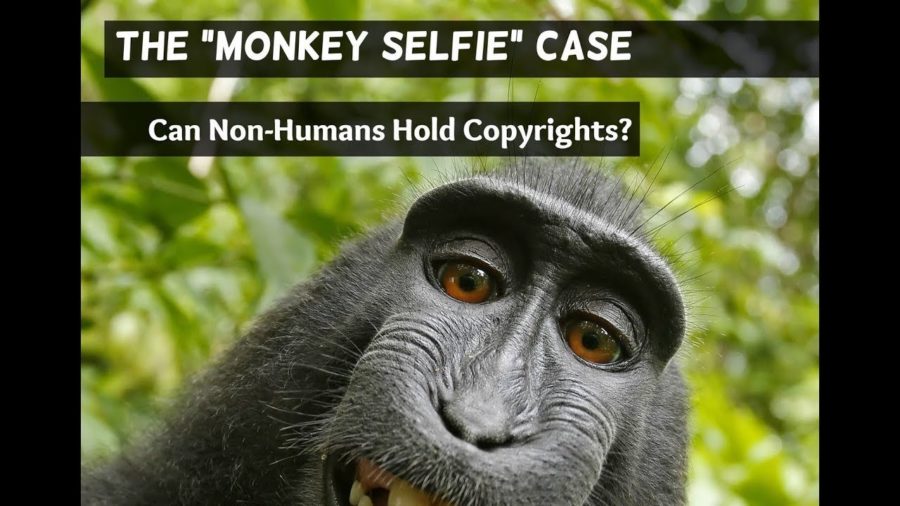Naruto, then 3 years old, came up and picked up one of his cameras and started looking at it. And he made the connection… By Mr. Slater’s own admission he made the connection between pushing the shutter release button and the change to his reflection in the lens when the aperture opened and closed.
Archive (Page 1 of 2)

I am profoundly envious of people who get to write about settled domains or sort of settled states of affairs in human events. For me, I was dealing with a set of technologies which are either recently emerged or still in the process of emerging. And so it was a continual Red Queen’s race to keep up with these things as they announce themselves to us and try and wrap my head around them, understand what it was that they were proposing, understand what their effects were when deployed in the world.
For any artists that are working in this field now, if I was good at painting I’d probably be looking at how to find styles that work well with these kind of representations and make them easily automatable or transferable so that if I had fans as an artist they could say, “Hey, I would like to have a picture of my cat painted.”
When you talk about learning and traditional educational styles, there’s this very common inclination to try and force information upon people rather than having them just kind of discover it of their own volition or discover it by accident.

We can train computers to learn to recognize objects by giving them millions of examples with the correct answers. A human baby, on the other hand, learns to recognize many concepts and objects all by themself simply by interacting with a few examples in the real world.

When we design larps, we’re playing basically with the building block of culture. Not just of fictional cultures, real culture as well. But asking people to act as if is not enough to make a larp. As larp writers, we need you to act as if, together.

We’re here today to start a new conversation about the world of chefs and cooks, between the world of chefs and cooks, and you the delegates and influencers and people here at the World Bank. The reason we’re here is to find ways to work together to build a food system that feeds everyone, every day, everywhere.
You’re dealing with timescales that are beyond humans’ interest. I mean, it’s sorta like global warming. The heat that we have now built up, that carbon was burned thirty years ago. It’s going to take a while for the correction process. So, if you have the elements of the phosphorus, the potassium, the manganese, and so on, it can be built back pretty fast. But a shorthand way of putting it is that soil is as much of a non-renewable resource as oil. And, more important than oil. I mean, we’re talking about stuff we’re made of. So that’s why I’ve said that the plowshare has destroyed more options for future generations than the sword.
So long as we’re limited to one planet, ultimately our resources are limited. And therefore every person in the world is competing with every other person in the world for a piece of a finite pie. Okay, and every new person born is a threat, every nation is fundamentally the enemy of every other nation, every race of every other race, and the only question is how do we kill them.

